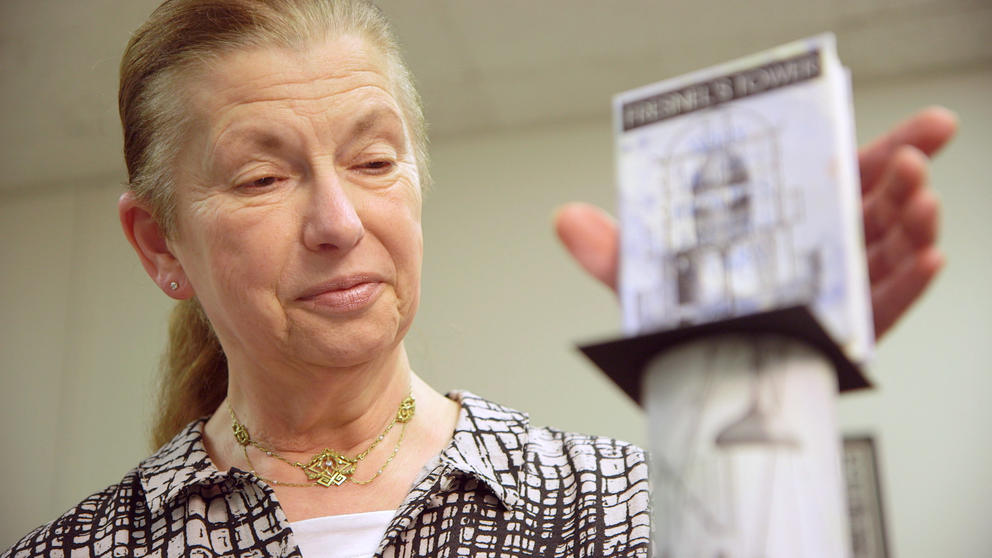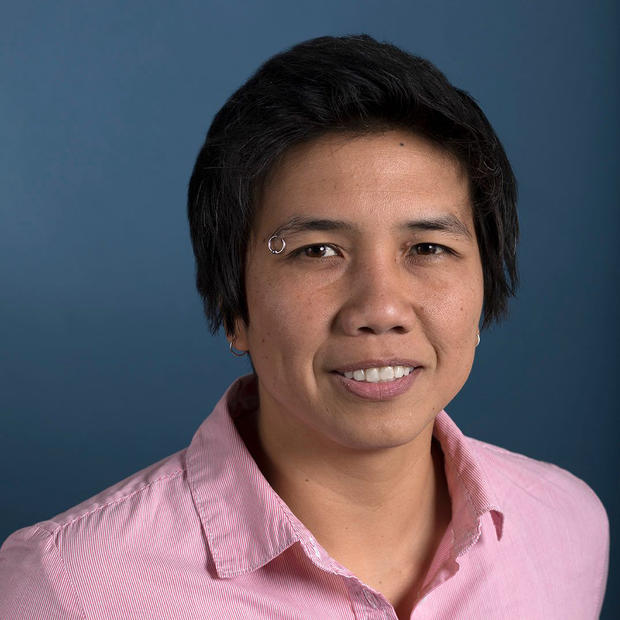In the spring of 1968, Sandra Kroupa and her boyfriend were nearing graduation at the University of Washington and making big plans for the future.
“We needed $300 to run away to California and be full-time hippies,” Kroupa says today.
A creative writing major, Kroupa got a job in the University library, reading regional newspapers and typing summaries of news reports onto three-by-five cards for their reference collection.
Although the bohemian life beckoned, the once nomadic army brat realized that she felt most at home in academia. Kroupa decided to stay, swayed by the opportunity to take endless courses in the English department.
For the past 50 years, Kroupa has devoted her life to working in the University’s Special Collections Library, in recent years as a teacher and curator of rare and “artist” books.
The Special Collections department lies on the lower level of the Allen Library on the University of Washington’s main campus in Seattle. The department owns over 250,000 printed books; Kroupa personally oversees 155,000 titles.
While the more valuable books in the collection are not available on the open shelves for general perusing, Kroupa can unearth one of these books for viewing if you have an appointment. Particularly fragile and one-of-a-kind books are kept in a climate-controlled vault, maintained at a consistent 60-65 degrees Fahrenheit with a low relative humidity to prevent them from degrading.
Unlike standard books, artist books utilize form as well as text to present a narrative. One example that often evokes a reaction of, “That’s a book?” is “Dress vs. Woman: Plain Words for Plain People” by Tamar Stone, whose cotton sateen and silk hand-stitched pages contain passages from women’s etiquette manuals, encased in a life size corset.
Kroupa also highlights Julie Chen’s book “True to Life,” containing reflections of memory in a meticulously crafted vertical presentation with maneuverable tabs that create a venetian blind turning of the pages.
And within the plain covers of what looks like any ordinary book, the photos and text of Matthew Geller’s “Difficulty Swallowing: A Medical Chronicle” provides a haunting and touching narrative of his partner’s death in a hospital.
As Kroupa approaches her half-century mark at the University of Washington Libraries, one of her ongoing priorities is to cultivate a diverse range of authors to be represented in the collection. “I’m an old white woman, and most of the people who walk into my classroom are not old white women,” she says.
In addition to a legacy that Kroupa will leave behind through her curatorial work, Kroupa’s physical presence will remain within the walls of the University’s library indefinitely. Kroupa has arranged for her ashes to become the raw material for future Artists’ Books that will be donated back to the collection.
“You can get [your ashes] sprinkled somewhere or you can get made into something. I like the idea of getting made into something. What’s sad is that I won’t be around to enjoy it.”



